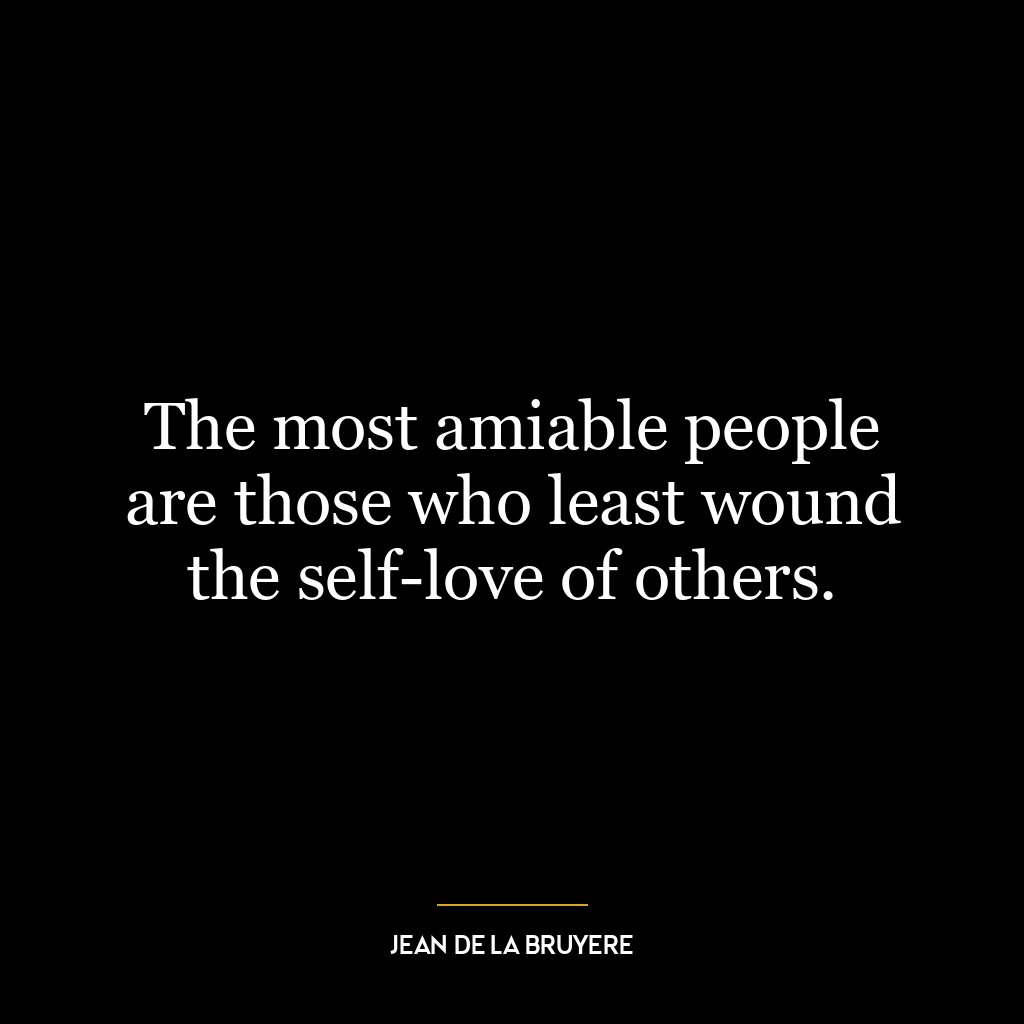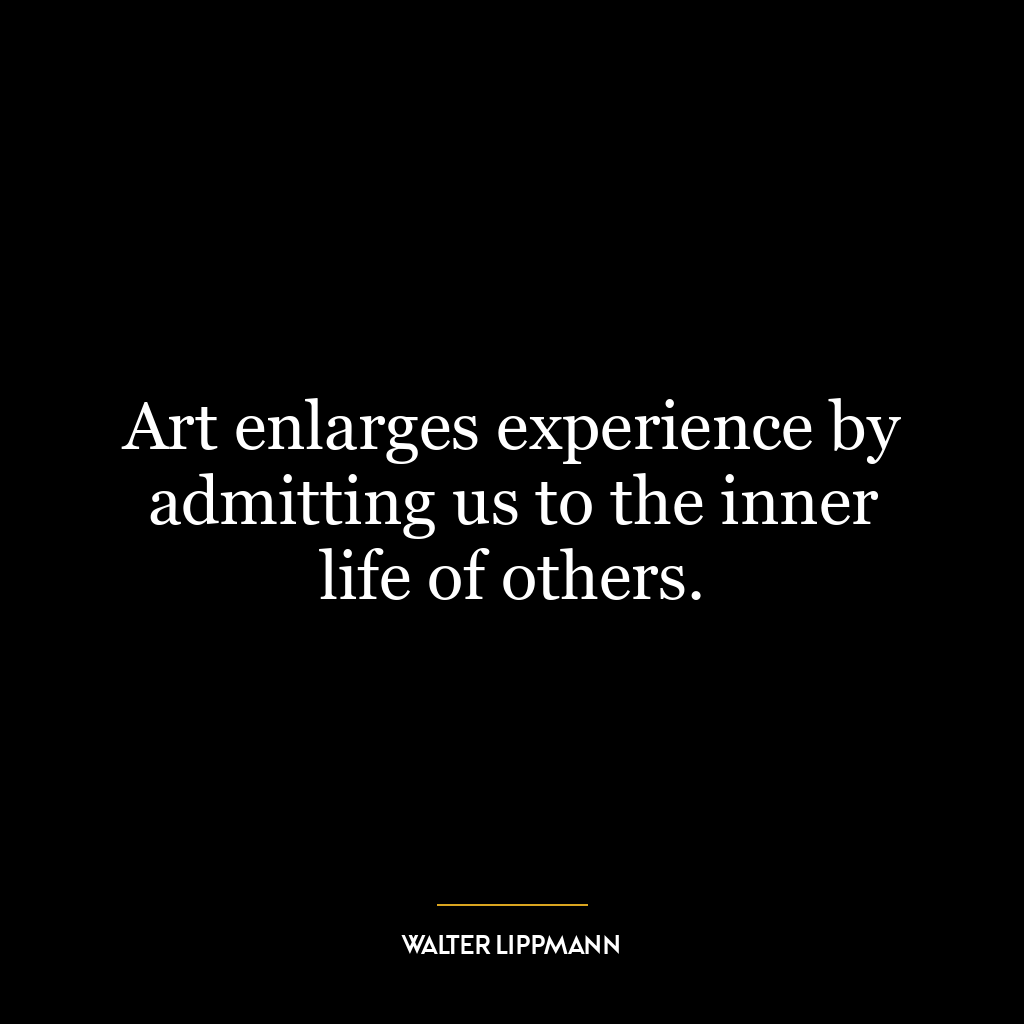We all like to see people sea-sick when we are not ourselves.
This quote, “We all like to see people sea-sick when we are not ourselves,” is a metaphorical remark that reflects on the human tendency to derive a certain level of satisfaction or relief from the misfortunes of others, particularly when we ourselves are not experiencing them. This is not to suggest that we are inherently cruel or unkind, but rather, it points to our ability to feel better about our own circumstances when we see others struggling with something we have managed to avoid.
This phenomenon is closely related to the concept of schadenfreude, a German term meaning ‘harm-joy,’ where one finds joy in the pain or misfortune of others. It’s a complex emotional response that may stem from feelings of superiority, relief, or even justice.
Applying this to today’s world, we see this dynamic play out on social media platforms where people often compare their lives to others’. When someone posts about a failure or a hardship, others may feel a sense of relief or even pleasure, not necessarily because they wish harm upon the person, but because it reassures them that they are not alone in their struggles or that their own lives are not as bad as they thought.
In terms of personal development, recognizing this tendency within ourselves can be an opportunity for growth. It can help us to cultivate empathy and compassion, recognizing that everyone has their own battles to fight. Instead of finding comfort in others’ struggles, we can strive to offer support and understanding. Moreover, it can also encourage us to focus more on our own journey rather than constantly comparing ourselves to others.
In essence, this quote is a reminder of our shared human experience – we all have moments of feeling ‘sea-sick,’ and instead of reveling in others’ discomfort, we can use it as a chance to connect, empathize, and grow.








